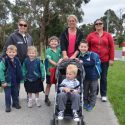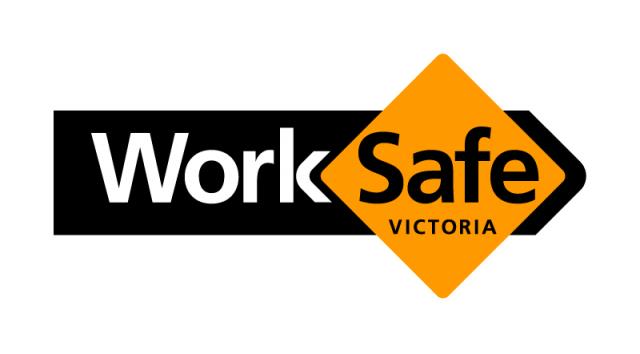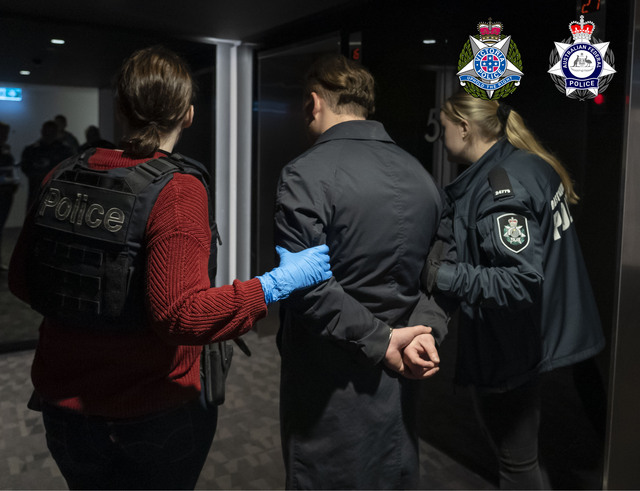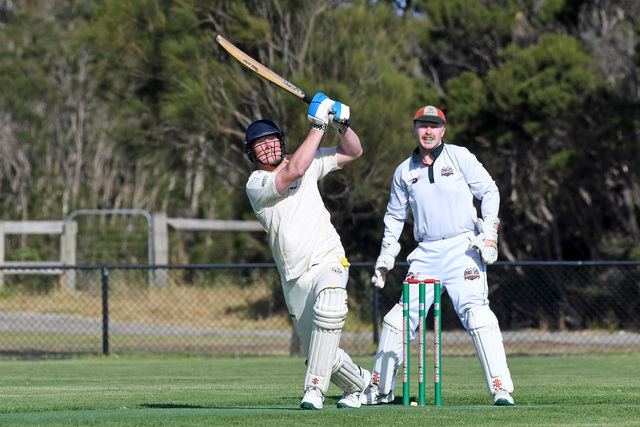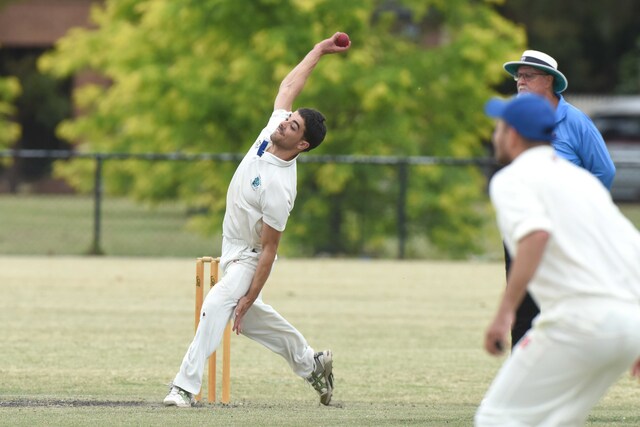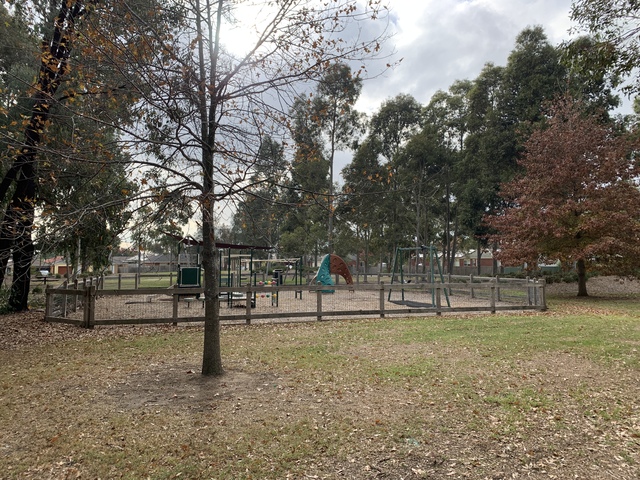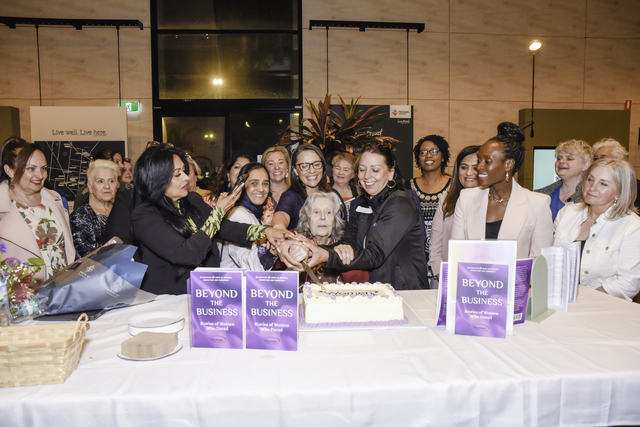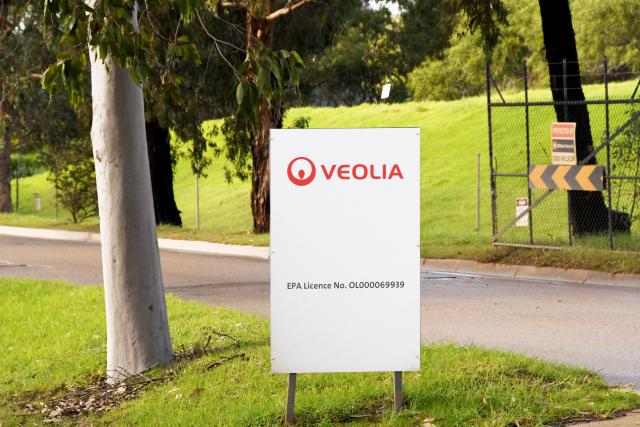By Brendan Rees
Parents say it’s important for their children to walk to school but only a third think it’s safe for them to do so.
New figures from the LiveLighter public health education campaign revealed one in four parents say a lack of safe routes or personal safety were reasons their children did not walk or ride a bike to school.
The campaign’s survey of 2000 adults also showed 64 per cent of Australian children were driven to school most days.
This is despite more than 50 per cent believing it was important for children to be able to walk to school without adult supervision.
City of Casey delivers the largest school crossing program in Victoria with 190 crossings and provides more than 11,400 hours of pedestrian crossing supervision per year.
Casey manager safer communities Caroline Bell said the City of Casey promoted the health and community benefits of walking to school.
“It provides a range of positive outcomes including physical activity, neighbourhood awareness, and community connections and reduces the traffic congestion by having less cars on the road at those peak times,” she said.
“We encourage safety around schools, through our innovative program, Think Safe, Act Safe, which provides a combined traffic enforcement and education program around identified schools who are in need of extra support to manage pedestrian safety.”
“School Crossing Supervisors provide and promote safety for children, and other road users, around the school precinct.”
She said council also promoted the Victorian government annual Walk to School Program.
“In October 2017, 20 primary schools participated in the program that included road safety awareness.”
LiveLighter Campaign Manager Alison McAleese said the figures showed Australians were becoming more reliant on their cars.
“When thinking about instilling healthy attitudes, parents should ask themselves, ‘What are the things preventing me from getting active with my kids?’” she said.
“If driving is unavoidable, even parking ten or fifteen minutes away and walking the rest of the way together is a good compromise,” Ms McAleese said.
Heart Foundation Victoria Healthy Living Manager Roni Beauchamp said regular physical activity was one of the best things people could do for their heart and health.
“Walking the kids to school instead of dropping them off in the car is also a great way for families to establish healthy habits and spend quality time together.”

